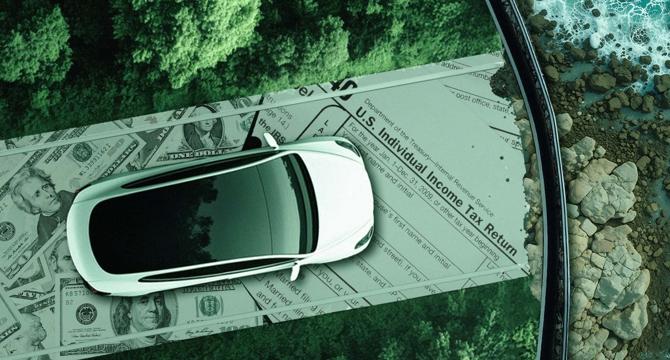Insideevs
2w
412

Image Credit: Insideevs
This Plan Could Break The EV Market
- There are three federal electric vehicle tax credits in the US - $7,500 rebate for clean-car purchases (30D), a $4,000 program for secondhand EVs (25E), and a commercial clean-vehicle credit (45W).
- The credit for clean-car purchases has been promoting EV adoption since Obama's term, while the commercial credit has fueled an EV-leasing boom.
- 53% increase in EV leases was seen post the 2022 Inflation Reduction Act.
- Leasing has played a crucial role in promoting EV adoption and has contributed to record EV sales in recent years.
- EVs must meet certain criteria to qualify for the federal tax credits, leading to limitations on which cars and buyers are eligible for the rebates.
- Leasing companies claim the commercial-vehicle credit, allowing lessees to benefit from discounted payments on a wide range of EVs.
- Proposed termination of commercial and used EV credits after December 31 could impact EV market demand, with potential for a surge followed by a slowdown.
- Amid ongoing discussions in Congress, the fate of these EV tax credits remains uncertain, raising concerns about future EV adoption without the incentives.
- Despite potential setbacks, innovation and market dynamics are expected to drive long-term growth in the electric vehicle sector.
- EV adoption may face challenges without the current tax credits, but the industry is projected to evolve and grow over time.
Read Full Article
24 Likes
For uninterrupted reading, download the app